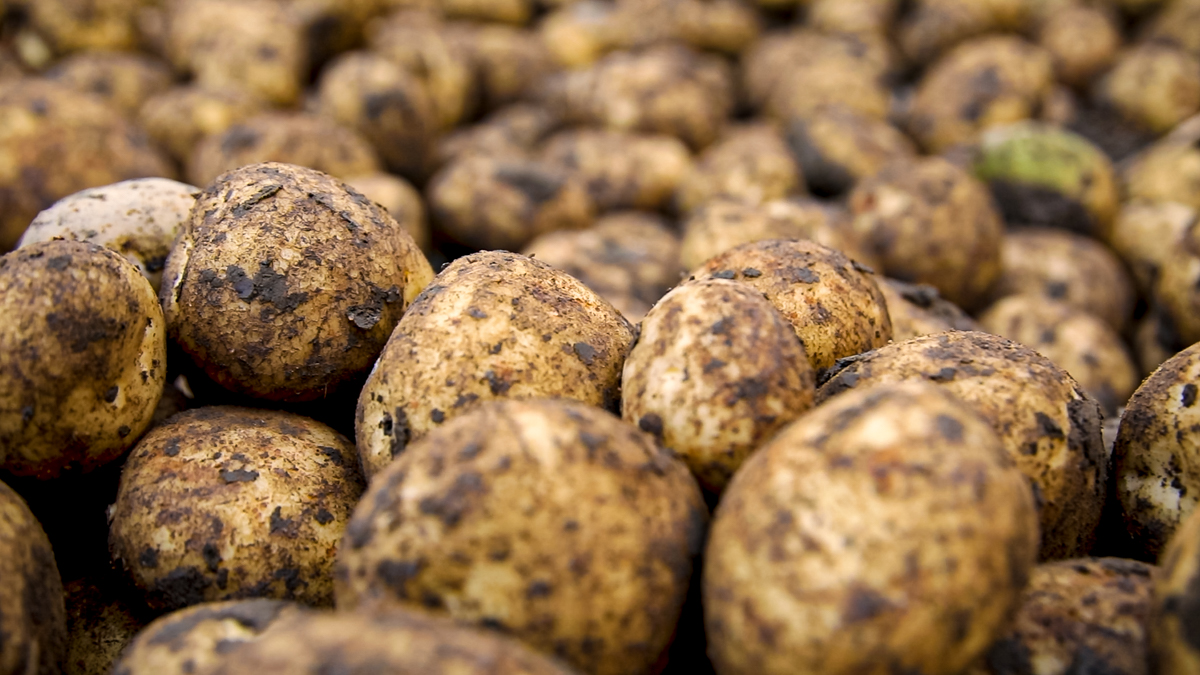The Seed Potato Organisation (SPO) is seeking seed potato growers to become members of the cooperative.
The organisation has said it aims to be of benefit to its members and their businesses and is now in a position to accept new members.
Jonnie Martin, SPO board member, said: “With a competent board and an able chairman, I see the SPO as best positioned to influence change and bring benefit.
“The SPO is an affordable organisation. As growers, we’re stronger together and I’d encourage all seed growers and stakeholders to join up.”
The board is currently comprised of nine seed potato growers, as well as Dr Phillip Burgess, the leader of Scottish Potatoes and technical expert, and Patrick Hughes, the supply chain and export specialist for the Scottish Agricultural Organisation Society (SAOS).
The initial cost to join SPO is £1,000 (which the organisation said will be used in establishing it and which can be redeemed in the future) and an annual membership fee of £29/ha, based on the area of seed growth.
The organisation has identified four main priorities:
- Representing the views of growers;
- Funding agronomy research, innovation, and services to benefit the seed sector;
- Supporting the development of seed potato markets;
- Ensuring the long term economic and environmental sustainability of the sector.
An industry at a crossroads
SPO member and Angus-based seed grower, Rodney Harrison, said he joined the organisation as he felt the industry is “at a crossroads”.
“If we, as growers, sit back and do nothing, we could well find the industry suffers, or worse disappears,” he said.
“Joining the SPO gives me a voice to help ensure this great industry stays relevant.”
Board member Martin echoed Harrison’s concerns, saying the UK seed potato sector has many strengths, but to “protect and enhance its global reputation it needs a united and dynamic organisation”.
Martin said the SPO will, and must, work in partnership with both Science and Advice for Scottish Agriculture (SASA) and the Department of Environment, Food and Rural Affairs (Defra).
Martin said this must be done by the sector in order to ensure efficiency and high-quality seed production.

